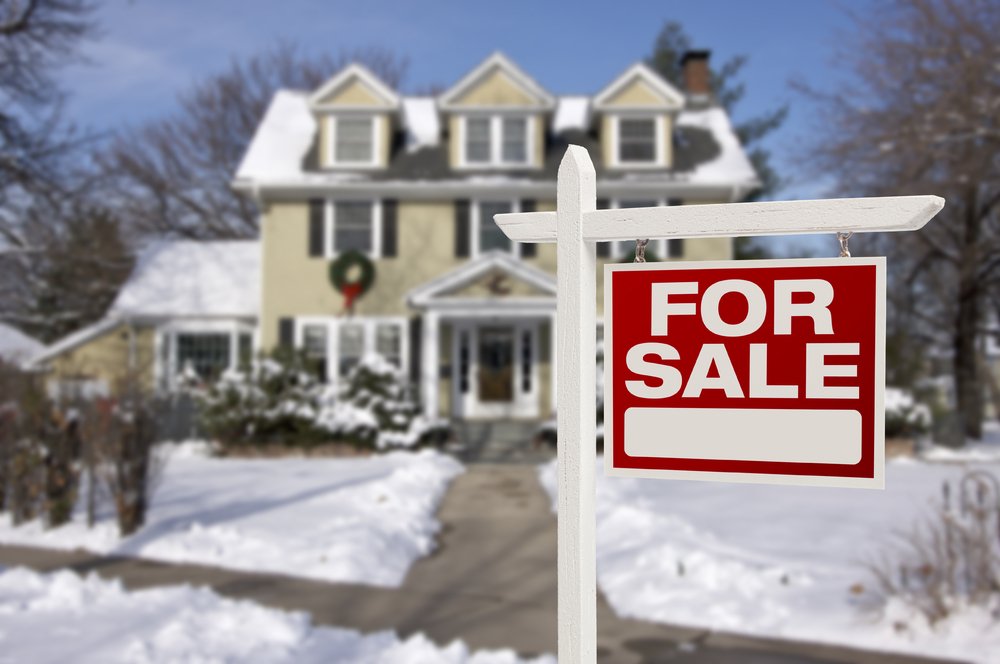Determining the value of a home can be a complex process, as there are many factors that can affect a home’s value. While some factors may be more relevant to your home than others, it’s important to consider all aspects when determining your home’s price point.
If you’re thinking about selling, here are some factors you should consider to know the value of your home in Westport, Connecticut.

How Do I Discover the Value of My Home?
While you can go through the trouble of using research and analysis to determine your home’s value, most people turn to a real estate professional or certified appraiser. Professionals who appraise homes are experts at what they do, so your home is more likely to be priced appropriately. This is because home appraisers examine your home carefully and closely to ensure that they consider all factors to create the right price point.
During a home appraisal, a real estate professional will walk through your home and take note of anything that will determine its value, including features, condition, and more. This process ensures that your home is priced at a fair market value, so you can get your money’s worth when you sell.
6 Factors That Can Affect the Value of a Home
So, what determines the value of a property? Well, there are many different variables that realtors use to determine how to price a home, including the following:
1. LOCATION AND NEIGHBORHOOD
One of the most important factors that can affect a home’s value is its location. Homes in desirable neighborhoods that are close to good schools, shops, and other amenities tend to be more valuable than homes in less desirable areas. Employment opportunities and other sources of entertainment nearby are also taken into consideration.
Additionally, the price of your home can be affected by the selling point of other houses around it. If you’re in a nice neighborhood with houses going for a higher price, your home will likely be priced higher, as well. In the world of real estate, homes comparable to yours are typically referred to as “comps.” With these types of homes, you’ll want to examine:
- Recency: How recently was the home last sold?
- Home Features: Are the features within the home, including bedrooms, bathrooms, square footage, kitchen appliances, and more, comparable to what you have in your house?
- Distance: Is the home in close proximity to yours?
While no two houses will ever be the same, comparing your home to others that share features and have already sold on the market is a great way to estimate your house’s value.
2. HOME SIZE, USABLE SPACE, AND FEATURES
The size of your home—specifically its square footage—is one of the leading factors in determining its value. Larger homes with more square footage and rooms will obviously be of higher value than those that are smaller and less spacious.
However, price points related to the home’s size can also be affected by the layout of each floor and the quality of the features within the home. For example, if the home is larger but doesn’t necessarily have as much usable space, it may not come with a higher price point. Attics, unfinished basements, and garages may all be included in the total square footage of your home, but these spaces are excluded when determining the home’s value.

3. CURRENT AGE AND CONDITION
While older homes tend to have more character and charm, they are likely to come with a lower price tag. This is because older homes typically require more maintenance and updates to keep up with newer homes on the market.
Critical parts of a home, like electrical and plumbing systems, appliances, and the roof, are all considered during a home appraisal. When a home is modern, well-maintained, and energy-efficient, it will generally be considered more valuable than others that need extensive repairs.
In fact, many buyers are willing to pay a higher price for homes that are move-in-ready, since they don’t have to worry about making repairs and updates after purchasing.
4. UPGRADES AND UPDATES
When selling your home, you may find that your real estate agent will recommend making certain updates before putting it on the market. This is because an upgraded home is of higher value than one that is not.
Upgrades you may consider before selling your home can include:
- Refinishing hardwood floors
- Updating landscaping
- Painting inside and out
- Installing new carpet
- Finishing an unfinished basement
- Replacing kitchen cabinets
- Updating appliances
While these projects can be an expense upfront for the seller, the return on investment you receive once selling your home typically outweighs the initial cost.
5. LOCAL MARKET TRENDS AND SUPPLY AND DEMAND
Even if your home has larger square footage and is fully updated, its value may still change depending on local market trends in your area. Homes tend to be more valuable in a strong market—when demand is high and supply is low. On the other hand, a weaker market—that is, when demand is low and supply is high—will diminish the value of your home.
The best time to sell your home is when the local market is considered a seller’s market. This is when fewer homes are available, so real estate prices are much higher. When determining the value of your home, always keep the supply and demand of the local market in mind.
6. ECONOMIC FACTORS
Besides local market trends, other economic factors can play a role in deciding the value of your home. For example, economic inflation across the country may mean fewer people are willing to spend money as the price of goods and services rises. In this instance, it may be challenging to sell your home for a higher price. On the other hand, lower employment rates and higher wages can lead to more home sales.
Overall, the value of a home is determined by a combination of many different factors, and it can be difficult to determine a precise value without conducting a detailed analysis. If you are trying to determine the value of your home, it may be helpful to consult with a real estate professional who can provide you with a more accurate assessment.
As a local real estate agent in Westport, Connecticut, Judy Michaelis is here to make selling your home as easy as possible. Contact us today to learn more at 203-247-5000.



